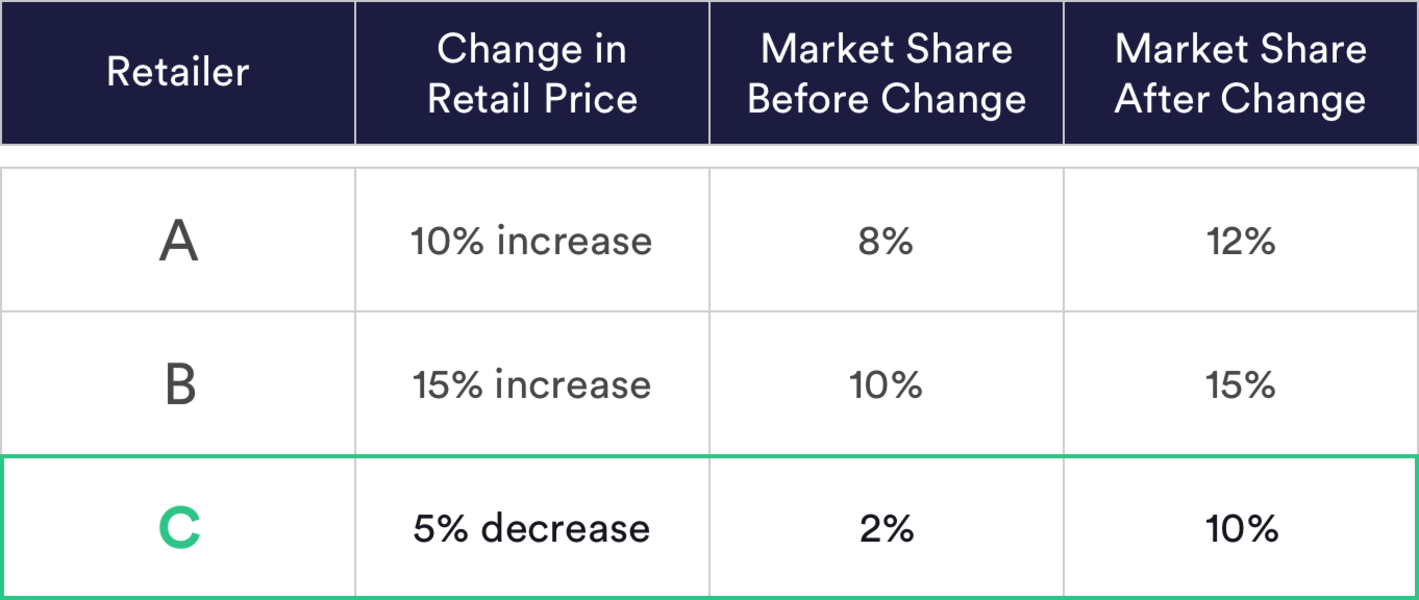How are financial reasoning tests scored?
Financial reasoning tests are very similar to numerical reasoning tests. They will require you to solve mathematical problems but with a focus on finance. Therefore, your total score will represent the number of correct answers you give. In rare cases, wrong answers will subtract points from your score.
What are financial reasoning tests used for?
Financial reasoning tests are used for evaluating how well a person can solve mathematical problems with financial bias. These tests are mostly used to test the performance of job applicants for accounting and financial management.
What do financial reasoning tests involve?
Financial reasoning tests involve questions that require financial knowledge such as looking at business statements, profit and loss accounts and balance sheets. Like numerical reasoning tests, questions will include data in graphs, tables, and text format.
What do financial reasoning tests measure?
Financial reasoning tests reveal a person’s basic financial knowledge and measure a person’s ability to solve financial problems. Typical financial reasoning questions will require a knowledge of ratios, percentages, profits, and interest, etc.
Where can I practice financial reasoning tests?
Financial reasoning tests assess your knowledge of basic finances. To achieve the highest performance, you need to practice solving these problems or at least brush up your school knowledge on the subject. Our website provides the most popular tests of varying difficulty with guides and tips for you to practice before your audition.
Which employers use financial reasoning tests?
No surprise that financial reasoning tests are widely used by companies in the financial industry, such as banks, mortgage companies, business consulting, etc. You should expect to see these tests if you are applying for positions related to finance even in other companies as well.













